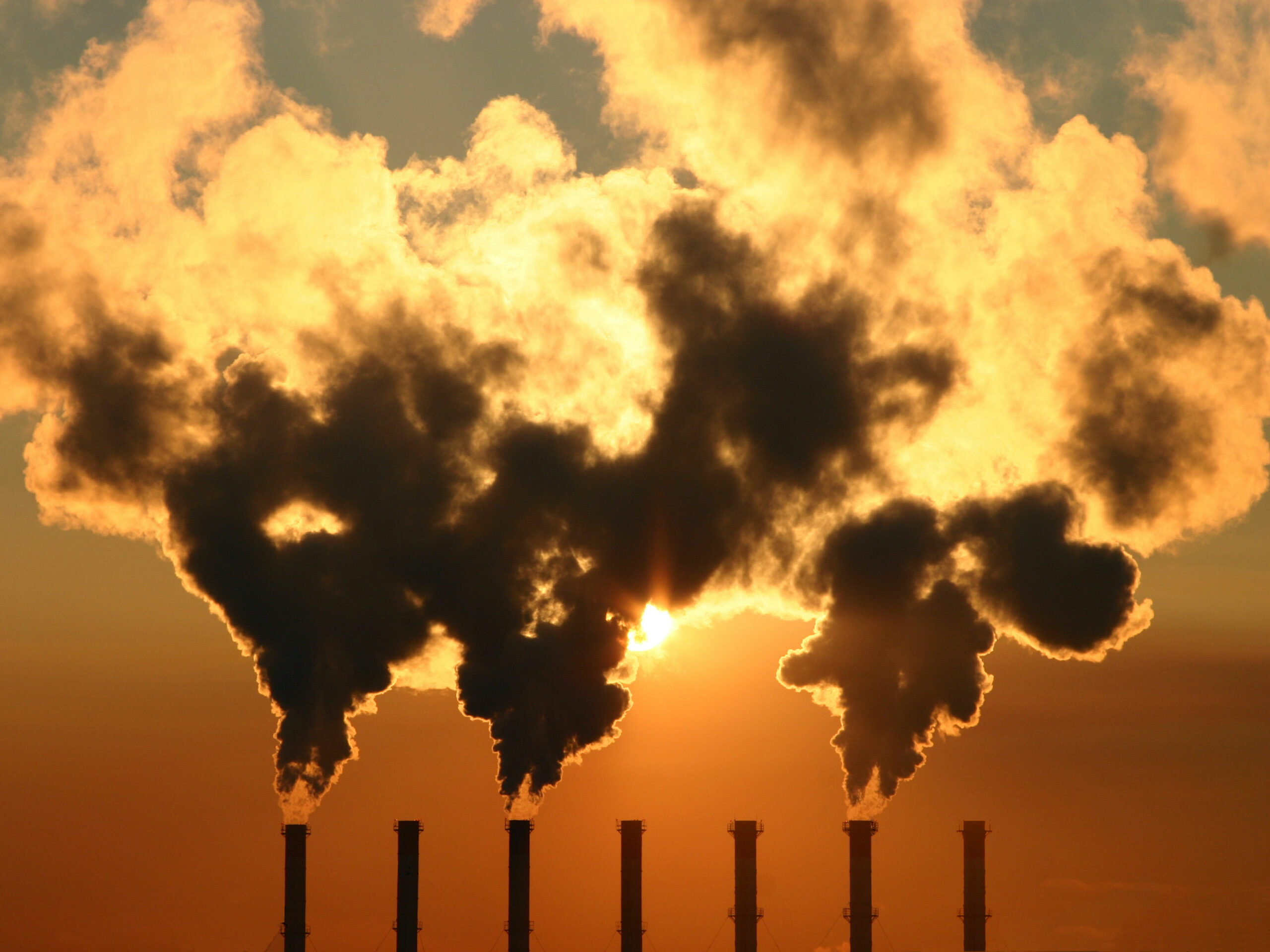The outbreak of Covid-19 is a once in a lifetime event leading to countries such as China and Italy going into lockdown to limit the spread of the disease. The global economy’s suffering as a result of these draconian measures.Stock markets have plummeted and a global recession is looking likely. An economic slowdown may prove disastrous for the economy, but it’s great for the environment.
Industry has shut down in China, resulting in marked improvements in air quality. It’s likely our response to Covid-19 will result in a reduction in CO2 emissions for the first time since the 2008–2009 financial crisis. The environment we depend on for life is getting a slight respite from the abuse we put it under.
Business-as-usual can’t come soon enough
People in China are breathing cleaner air and CO2 emissions may well decrease in the short term, but the situation is far from ideal. It’s in everyone’s interests that we deal with the threat posed by the virus swiftly. The sooner business can get back to normal, the better. But, a return to business-as-usual will bring a return to increased levels of CO2 emissions. Effectively dealing with the viral outbreak will reignite the economic engine that’s leading to a far greater problem.
The outbreak of Covid-19 highlights the unhealthy relationship between our economy and the environment. Environmental destruction is a direct outcome of economic output.
Here’s the dilemma we face.
Economists, politicians and many businesses (essentially anyone with vested interests in our current way of doing things) consider the economy the epicentre of everything.
But the underlying function of our economy is to support society, not the other way round. After all, without society, there is no economy. In turn, without the environment supporting life, there’s no people, and so no society. This all seems fairly elementary, but we behave as if the world revolves around us.
The current crisis brings a crucial question to light. What’s more important, our economy supporting society, or the environment supporting society, the economy and all life on Earth?
The answer seems obvious but day to day things aren’t so clear.
An economy on a knife-edge
Covid-19 has shown how un-resilient our economy is to any changes to business-as-usual. With travel limited, airline companies could be hit particularly hard. Flybe has collapsed and British Airways are one of many airlines in a fight for survival.
Granted Covid-19 has resulted in unprecedented changes that were impossible to foresee. But the most worrying aspect of the outbreak is the fragility of our economy to external changes. Countless businesses are operating on a knife-edge, constantly flirting between survival and collapse.
Having little resilience to external risks posing a threat to business-as-usual points to a far larger problem. Business-as-usual must be maintained to keep our economy afloat. The issue here is our economy is leading to environmental destruction, resulting in the whole of humanity living on a knife-edge. Quite the pickle.
The knife-edge many businesses cling onto helps explain the lack of enthusiasm to deal with the climate crisis. Businesses are terrified of change as any change is a threat to their survival. In this landscape resistance to change is understandable.
So what’s more important, the economy or the environment? That depends on your perspective. For a business relying on things staying as they are the economy is more important. Without the current economy, there is no business.
It may seem frighteningly short term but that’s the reality we live in.
The climate crisis doesn’t feel like a crisis
The reaction to Covid-19 highlights how quickly we can react and make changes when faced with a threat. On the whole, other than squabbles over toilet paper, things have been remarkably cooperative. With countries on lockdown, travel limited and the sporting calendar put on hold, this feels like a crisis. Our response is in line with the threat.
The climate crisis may well threaten all life on Earth but day to day it doesn’t feel like a crisis. We can carry on with no adverse effects on our behaviour.
Herein lies the ultimate problem with the climate crisis. If the problem doesn’t feel like a problem what’s the incentive to change anything? It doesn’t evoke the same kind of urgency a deadly virus does.
The impacts of Covid-19 highlight why there’s apathy to create genuine changes to solve the climate crisis. Changing the structure of the economy could risk businesses operating on a knife-edge going under. Tangible solutions to dealing with the climate crisis are a direct threat to how we do things now. But when choosing between the economy and the environment, there can only be one winner. It’s a travesty of our time that the economy is taking precedent over the very foundation of life itself.
If you think the damage caused by Covid-19 is bad (and it’s likely to get much worse) the impacts of a changing climate will be crippling. The crisis will make whole regions of the world unrecognisable from how they are today. And these changes will be irreversible. We can’t ‘reverse’ climate change in the same way we can prevent the spread of a killer virus. Once the climate crisis actually feels like a crisis, it will be too late to react.
We have two choices. Prioritise our economic system supporting society, or the environment supporting life. The environments fundamental to our existence. The economy can be redesigned to be in harmony with the environment it depends on to sustain it.
The decision we make will define the course of humanity like no other before it.



